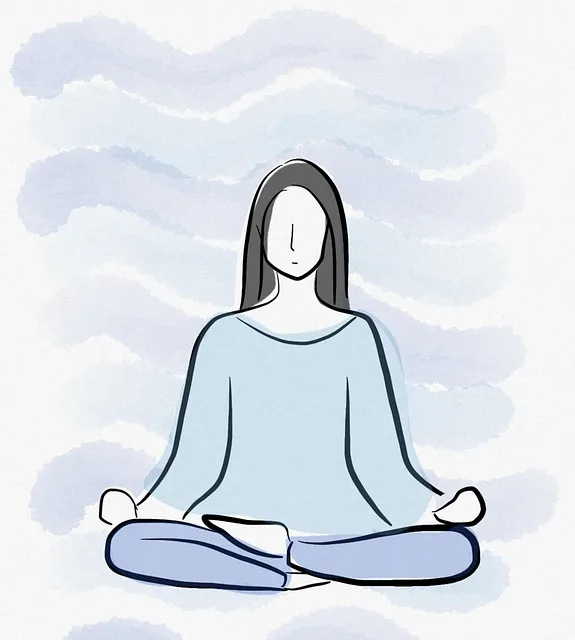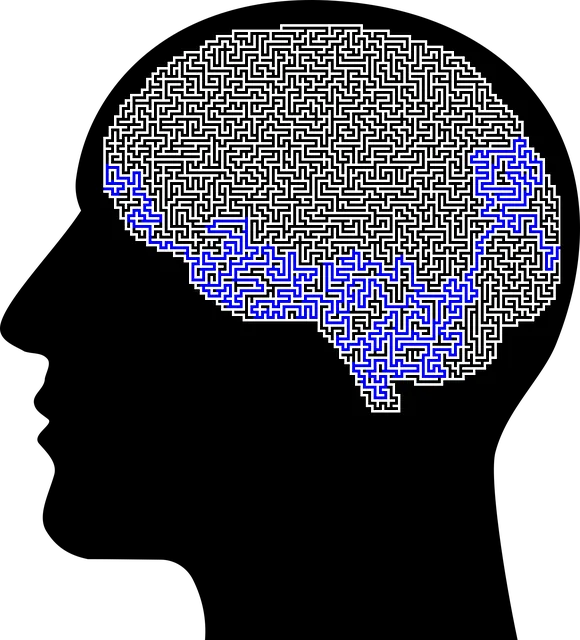The Centennial Kaiser Permanente mental health department highlights the significance of self-care in managing stress, anxiety, and depression. They advocate for cultural sensitivity, burnout prevention, and evidence-based practices to empower individuals with effective routines. Assessing daily habits like sleep, exercise, and social connections is crucial, as are tailored resources and programs offering mindfulness, cognitive-behavioral therapy, and skills training. Consistency in these activities builds resilience and promotes well-being, while the department's guidance enables professionals to enhance their mental wellness and patient care through proactive self-care practices.
“Unwind, recharge, and prioritize your mental wellness with this comprehensive guide from the Centennial Kaiser Permanente mental health department. Discover the profound impact of self-care on your overall well-being and learn how to cultivate a robust routine. From understanding the essential role of self-care to integrating evidence-based practices and designing personalized activities, this article equips you to navigate life’s challenges with resilience. Embrace a healthier mindset and unlock your mental wellness potential.”
- Understanding the Importance of Mental Wellness Self-Care
- Assessing Your Current Routine and Identifying Needs
- Incorporating Evidence-Based Practices for Mental Health
- Designing Personalized Self-Care Activities for Daily Life
- Building Resilience and Sustaining a Healthy Mindset
Understanding the Importance of Mental Wellness Self-Care

Mental wellness self-care is an essential aspect of maintaining a healthy and balanced life, especially in today’s fast-paced world. It involves actively taking care of one’s psychological and emotional well-being, which is crucial for overall health. At the Centennial Kaiser Permanente mental health department, we recognize that prioritizing mental wellness is not just a personal choice but a necessity. By integrating self-care routines, individuals can effectively manage stress, anxiety, and depression, thereby enhancing their quality of life.
The design of Mental Health Education Programs should incorporate Cultural Sensitivity in Mental Healthcare Practice to cater to diverse populations. Burnout Prevention Strategies for Healthcare Providers are also vital to ensure professionals in the field can continue offering optimal care without compromising their own mental wellness. Understanding these dynamics forms the foundation for building resilient self-care practices that promote longevity and overall well-being.
Assessing Your Current Routine and Identifying Needs

Taking a step back to assess your current self-care routine is essential when prioritizing mental wellness. This involves reflecting on your daily habits and activities, both positive and negative, to understand what works for you and where improvements are needed. Consider factors like sleep patterns, exercise frequency, social connections, and coping mechanisms for stress. The Centennial Kaiser Permanente mental health department number can be a valuable resource, offering insights into evidence-based practices and support tailored to individual needs.
By evaluating your routine, you might identify gaps in self-care that contribute to elevated stress levels or hinder your overall well-being. For instance, if social connections are lacking, integrating social activities could boost confidence and reduce feelings of isolation. Alternatively, if managing anger or frustration is challenging, incorporating mindfulness practices or seeking mental health education programs design specifically for stress reduction methods might prove beneficial.
Incorporating Evidence-Based Practices for Mental Health

Incorporating evidence-based practices into your self-care routine is a proactive step towards maintaining and enhancing mental wellness, especially for those working in high-pressure fields like healthcare. The Centennial Kaiser Permanente mental health department offers a wealth of resources, with a dedicated team providing support to professionals facing the challenges of Risk Management Planning for Mental Health Professionals. By integrating evidence-based strategies, such as mindfulness meditation and cognitive-behavioral therapy techniques, into daily routines, individuals can boost their confidence and resilience. This approach not only contributes to personal growth but also ensures that healthcare providers are equipped to deliver quality care while managing stress and preventing burnout.
Mental health education programs design plays a pivotal role in equipping professionals with the knowledge and skills to navigate complex emotional landscapes. Through continuous learning and exposure to diverse mental health Education Programs, individuals can refine their practices, fostering an environment of support and understanding. This holistic approach aligns with the mission of organizations like Kaiser Permanente, aiming to promote not just physical health but also the well-being of minds behind patient care.
Designing Personalized Self-Care Activities for Daily Life

Designing a personalized self-care routine is an essential aspect of maintaining good mental wellness. It involves understanding your unique needs and creating activities that cater to them. The Centennial Kaiser Permanente mental health department offers valuable resources and guidance for this process. Start by identifying triggers and stressors in your daily life; this could be anything from excessive screen time to social anxiety. Once identified, tailor self-care activities accordingly. For instance, setting boundaries around technology use or engaging in mindfulness practices to manage stress.
The mental health department also provides insights into various therapeutic techniques, such as Social Skills Training and Self-Esteem Improvement programs, which can be integrated into your routine for enhanced support. Additionally, exploring community outreach program implementations can offer a sense of belonging and connection, further enriching your self-care journey. Remember, consistency is key; make these activities a regular part of your schedule to promote overall well-being.
Building Resilience and Sustaining a Healthy Mindset

Building resilience is a key component of maintaining a healthy mindset and overall mental wellness. It’s about equipping yourself with the tools to navigate life’s challenges and setbacks with ease. The Centennial Kaiser Permanente mental health department offers valuable resources for cultivating this inner strength, such as their renowned Self-Awareness Exercises and Stress Management Workshops. These programs help individuals develop coping mechanisms and strategies to bounce back from difficult situations.
Fostering a positive mindset is another crucial aspect of self-care. With the support of professional guidance, one can enhance their confidence and learn to view obstacles as opportunities for growth. By participating in activities that promote mental well-being, such as meditation or engaging in meaningful conversations, individuals can create a sustainable healthy mindset. This proactive approach enables people to take control of their mental health, ensuring they have the tools to thrive even in the face of life’s complexities.
Developing a robust mental wellness self-care routine is a proactive step towards fostering resilience and overall well-being. By understanding the importance of self-care, assessing your current practices, incorporating evidence-based techniques, and personalizing activities, you can create a sustainable routine with the support of resources like the Centennial Kaiser Permanente mental health department (contact number: [insert number]). This journey empowers individuals to take charge of their mental health, navigate life’s challenges, and thrive in all aspects of daily living.






